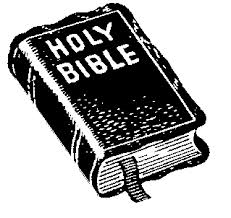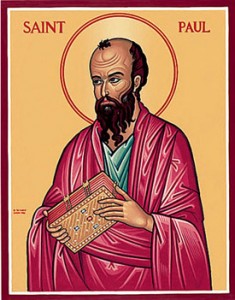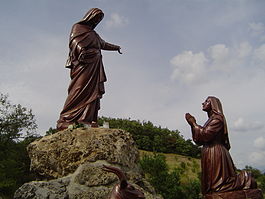-

“All scripture is given by inspiration of God, and is profitable for doctrine, for reproof, for correction, for instruction in righteousness: That the man of God may be perfect, throughly furnished unto all good works.” (2 Timothy 3:16-17)
The Christian who must wrestle with Roman Catholic apologists (trained and untrained) will often hear them appeal to the ancient, non-scriptural, sources as proof of what the Apostles taught. We dealt with a part of that issue in a prior post about going all the way back to the written Word, instead of just going back to the first few post-apostolic generations. We acknowledge that some foundational Roman Catholic errors emerged early in the post-apostolic era, as Paul predicted they would (Acts 20:30-32), but we deny that those errors must be canonized along with God’s revelation to us in the Holy Bible. Ancient unbiblical teachings do not become more biblical with the passage of time.
What will be interesting to the Christian reader, however, Continue reading When the Word just isn’t enough
 Follow
Follow

